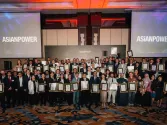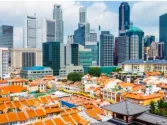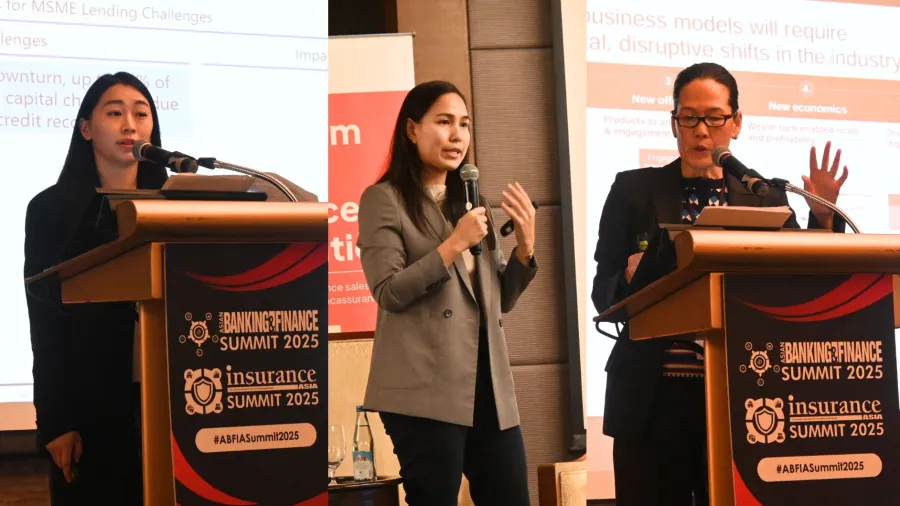
Entrepreneurship remains a pipedream for many Filipinos
Enterprisers struggle with cumbersome loan requirements and high collateral.
Six of 10 Filipinos have identified financial security and starting a business as their main goals, which could be a challenge given the dearth of financing for budding entrepreneurs, analysts said.
Many of them also aspire to become financially secure not because they want to buy a house or travel, but to ensure they can manage medical expenses in case they or a family member falls ill, Sitti Reyes, principal at Boston Consulting Group, Inc. told the Asian Banking & Finance and Insurance Asia Summit 2025 in Manila in February.
“The top Filipino dream was actually quite surprising — it's financial security for healthcare,” she said, citing a Boston Consulting study released in November.
Reyes said financial products should be aligned with the aspirations of Filipinos, such as healthcare security and entrepreneurship, to bridge the financing gap.
Micro, small and medium enterprises (MSME), considered as the backbone of the Philippine economy, often face difficulties in accessing loans, resulting in a $10.5b (P600b) financing gap, Fei Yong, a manager at YCP Holdings, told the summit.
MSMEs, which account for more than 99% of all Philippine businesses, contribute 36% to economic output and employ 67% of the workforce, get less than 5% of banks’ total loan portfolio, below the 10% minimum required by law.
These businesses often struggle with insufficient credit histories, cumbersome documentation requirements, and high collateral.
“Universal and commercial banks actually dominate the banking system with over 90% of the market share in total loans,” Yong said. “But out of this, only 4% goes to MSMEs.”
Meanwhile, rural and cooperative banks, which are active in the countryside, lack the funds to lend to MSMEs.
Yong said MSMEs in emerging markets like the Philippines operate at only 29% of the productivity of large companies. If these could scale up, their productivity could increase to 84%, resulting in a 77% rise in GDP per capita in the next two decades, he added.
Yong said credit guarantees, digital lending platforms, and alternative credit scoring models could also help.
The Philippine Guarantee Corp.’s credit guarantee facility for MSMEs has shown early success, having guaranteed over $130m (P7.46b) worth of loans of more than 43,000 MSMEs as of June last year.
Patricia Buenaventura Nichol, a partner and office head at Bain & Co., said the biggest battleground will be amongst Gen Z and Gen Y. These digital natives are expected to account for 55% of the market by 2030 from 30% now.
Despite their growing economic influence, these young consumers remain underserved, presenting an opportunity for financial institutions willing to cater to their needs.
Nichol said banks should move beyond selling financial products, often without assessing their clients’ needs and goals. “We are going to start seeing a shift from what is considered product-led to something that is more advice-oriented.”




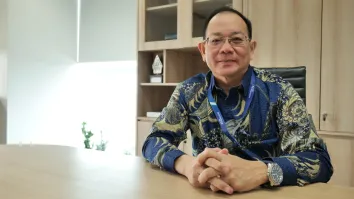
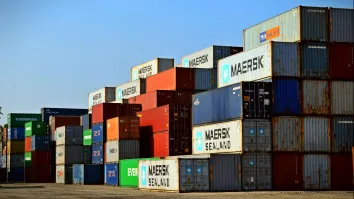


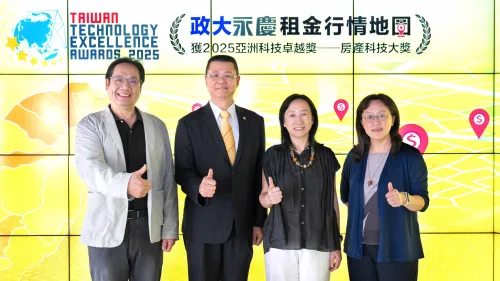
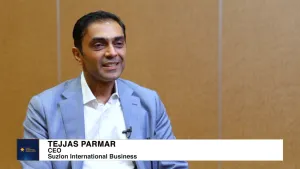



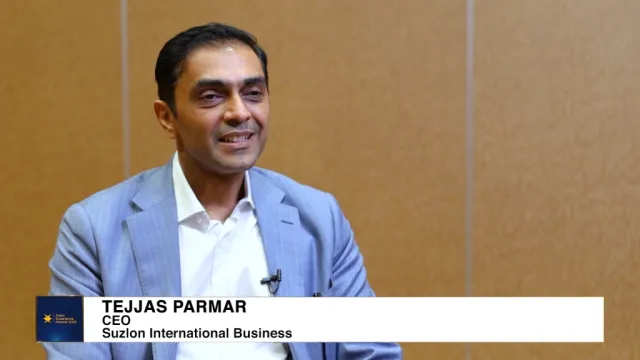
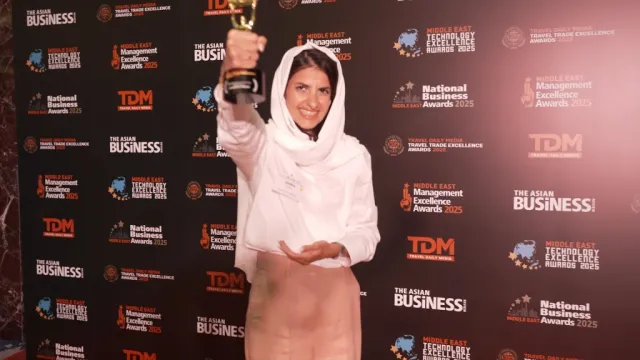
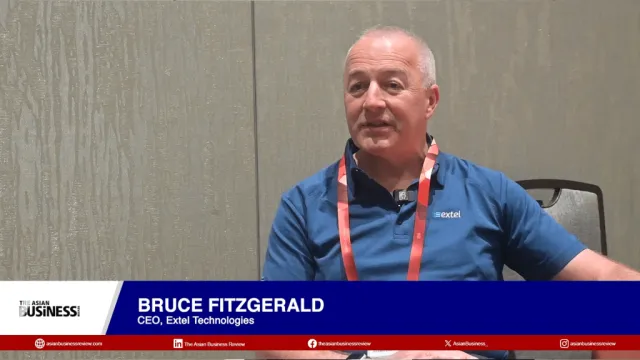
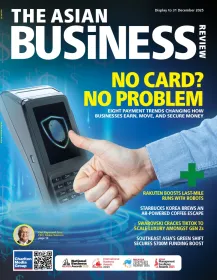
 Advertise
Advertise
